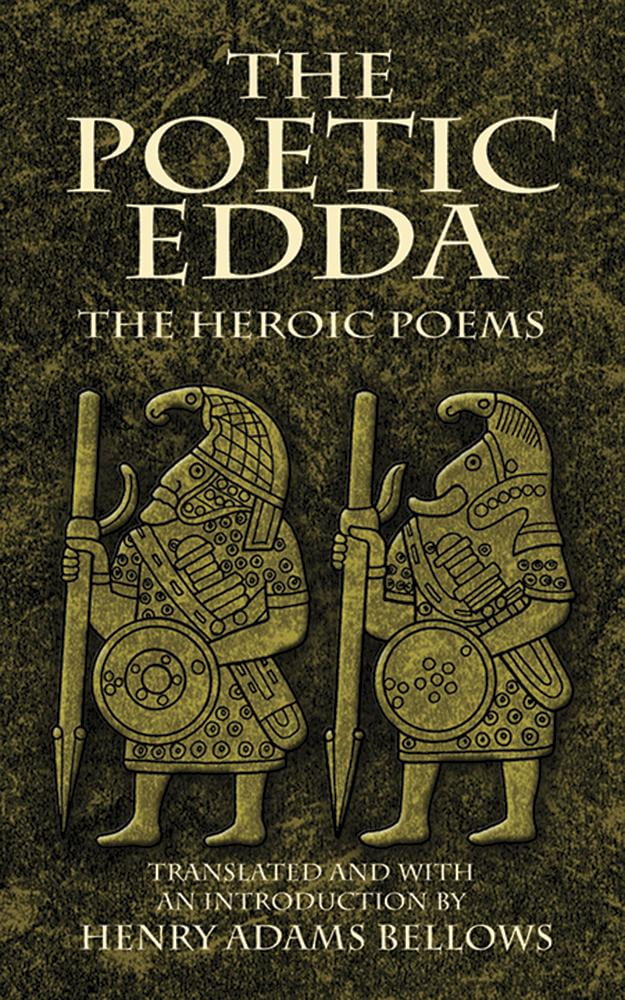

Translations have been far from numerous, and only in Germany has the complete work of translation been done in the full light of recent scholarship. THERE is scarcely any literary work of great importance which has been less readily available for the general reader, or even for the serious student of literature, than the Poetic Edda. Several versions exist, all primarily of text from the Icelandic medieval manuscript known as the Codex Regius. Poetic Edda is the modern attribution for an unnamed collection of Old Norse anonymous poems, which is different from the Edda written by Snorri Sturluson. The result is the ultimate edition of the Poetic Edda both for serious students of Norse myth, and for lovers of poetry.The Poetic Edda translated From the Icelandic with an introduction and notes by Henry Adams Bellows. This edition corrects the flaws and retains the strengths of the 1923 edition.

Each poem has been newly introduced by Tristan Powers, writing from the perspective of a living practitioner of the Norse religion, giving us deeper insight into the worldview and religious spirit that animates them. This revised edition updates it according to modern scholarship, adding a foreword by historian Thomas Rowsell, dozens of beautiful illustrations, and facing Old Norse text. Henry Adams Bellows' 1923 translation has long been recognized as one of the most aesthetically faithful, being rendered in the original alliterative meters of the Norse poems. Written down in medieval Iceland, this "original storehouse of Germanic mythology" collects 35 narrative poems recounting most of what we know about the religious beliefs of the ancient Northmen. The Poetic Edda is our main source for the myths of the Norse gods and heroes.


 0 kommentar(er)
0 kommentar(er)
